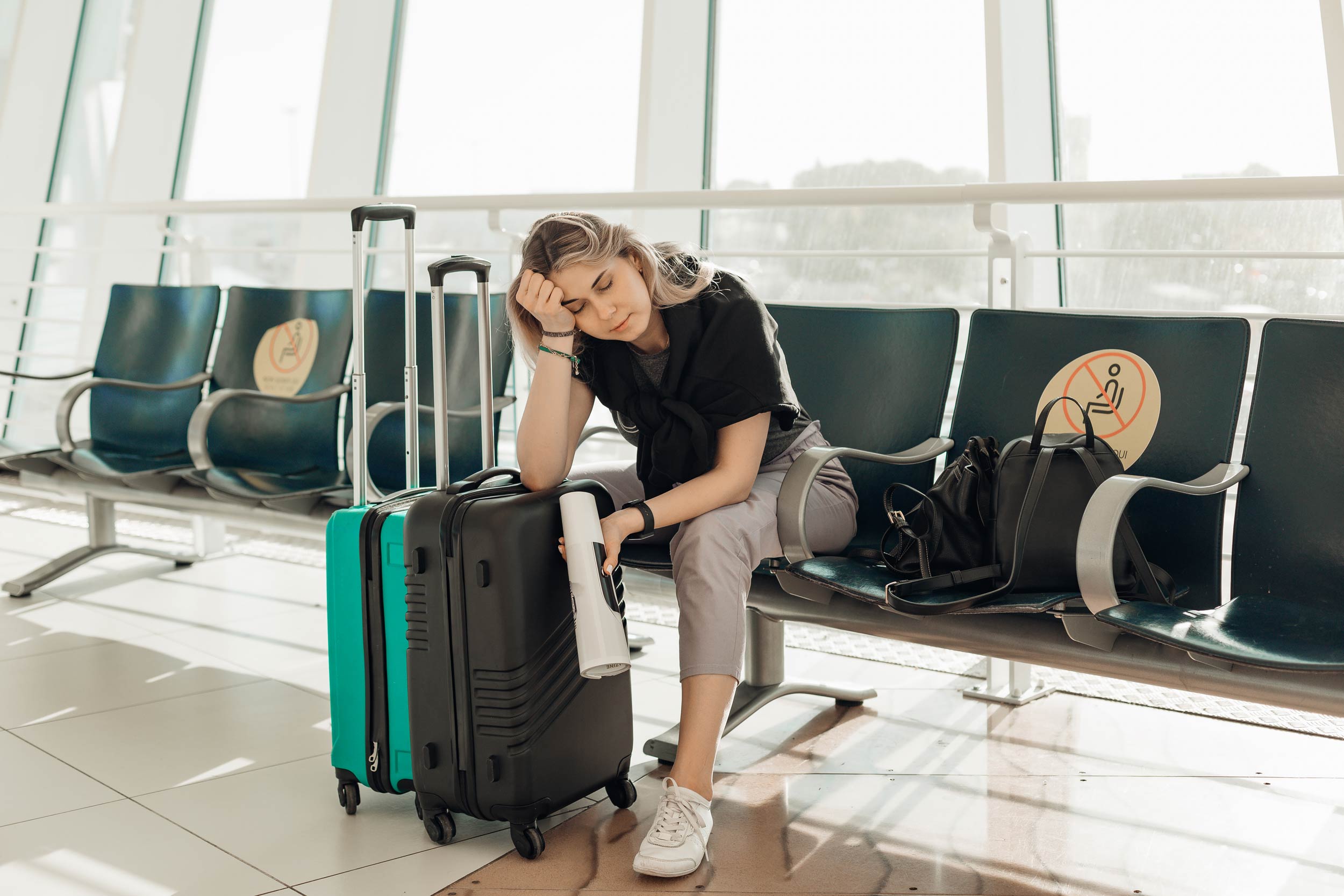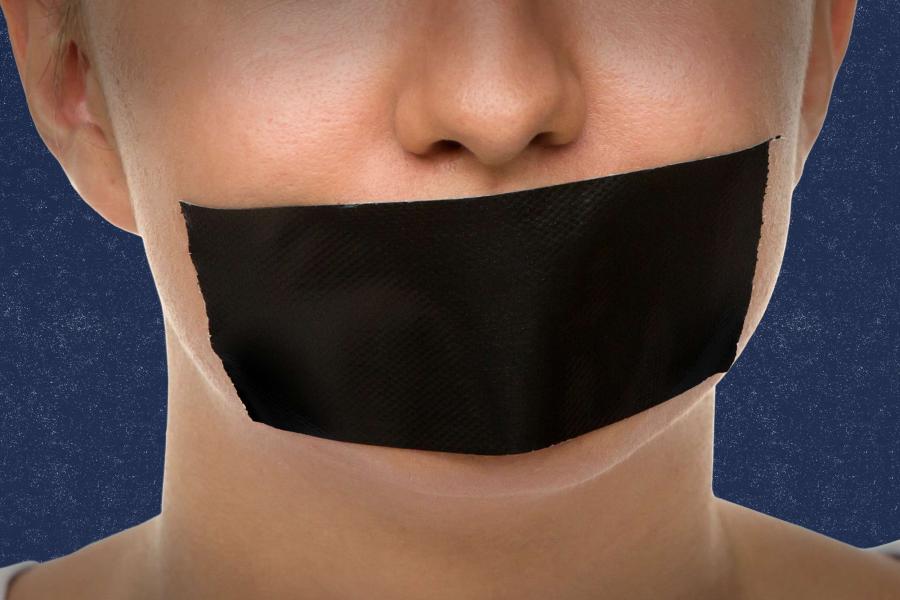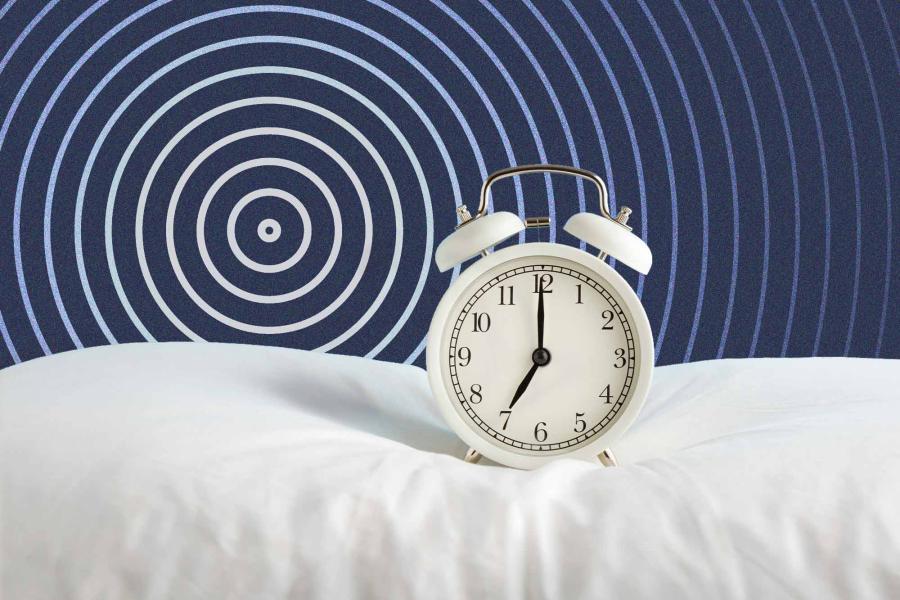One day, you’re soaking up the sun in a breathtaking location. The next, you’re scrambling to catch a flight home. And the day after that, you’re yawning your way through the return to work.
Most of us have experienced post-vacation fatigue – that state of fogginess that hits when we return to reality following a week of bliss.
We spoke to Dr. Scott Schecter from the University of Virginia Sleep Disorder Center for tips on how to keep your energy high to maximize your summer vacation and eliminate any drowsiness after it’s over.

Dr. Scott Schecter, a sleep medicine specialist, works in the University’s Sleep Disorder Center. (UVA Department of Medicine photo)
Q. What’s a good way to sleep better while on vacation?
A. It’s hard. Any time you’re in a new environment; it usually takes a couple of days for you to be able to fully relax and get a full sleep. We’re just hardwired not to want to sleep too deeply in a new environment, and it’s hard to get the same depth of sleep for a while.
One piece of advice is to try to keep routines as normal as possible. Since you can’t control the large aspects of the environment, use the small aspects to anchor you back to your home bedroom.
Q. If you sleep with the TV on at home, should you try to continue that while on vacation to simulate that environment?
A. We usually don’t recommend keeping the TV on, but for some people, it works. Generally, if it’s been working, it’s not something I’m going to recommend they stop. Going to sleep with the TV on, especially if it’s on the same channel as it usually is at home, it may anchor you to make it feel like you’re at the same place.
You may also a bring a pillow you like, or a blanket. Those can anchor you to your home environment.
Q. What’s an alternative for having the TV on at night?
A. A lot of people have white noise machines, and there are apps for those. People have done research, and there’s a whole industry around calming sounds.
For some people, that’s something that’s part of their routine, and it helps them sleep. The key is to try to avoid light and not have those subtle effects on your circadian rhythm.
Q. What’s the best way to get adjusted to a new time zone?
A. If you’re going to someplace like in Europe, that’s six hours ahead of us, and you’re someone who goes to sleep at 10 p.m., you want to continue that when you get to your new destination. All the people like you in that destination who are also 10 p.m. sleepers, they’re falling asleep when it’s 4 your time. So, to adjust as much as possible, you need to start pushing your bedtime a little bit earlier the couple of days before you go.










